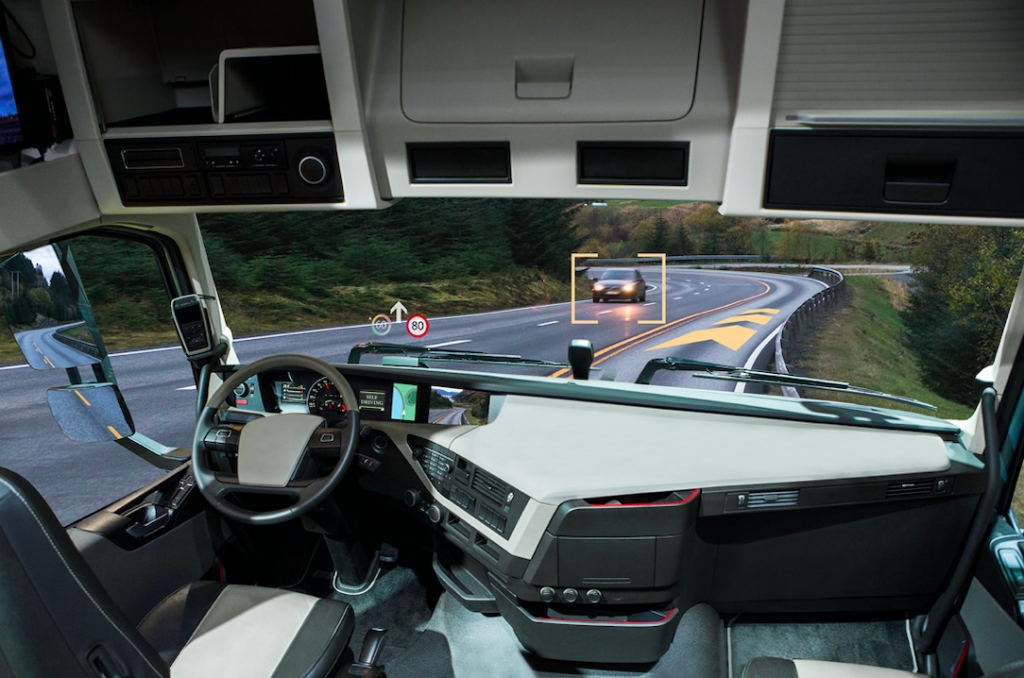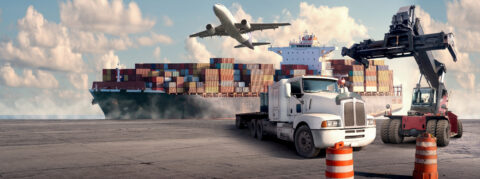Sunday Times Supply Chain
Innovations In Fleet Management
“By definition, innovations provide solutions to challenges,” states Elvis Mutseura, product marketing manager at Iveco South Africa. “Some innovations have a significant impact on revenue, others help to control costs, while some have a positive effect on both.”
Justin Manson, sales director at Webfleet Solutions, says: “While there are a number of important innovations being introduced in fleet management technology, the most significant are the use of artificial intelligence (AI) and remote diagnostics.”
Artificial intelligence
Mutseura points out that this disruptive addition to a fleet manager’s tools will play an increasing role in optimising profit. “When combined with vehicle telemetry – the collection of information about a vehicle or driver’s performance from sensors within the vehicle – AI can deliver many benefits. These include accurate, predictive maintenance input to increase fleet utilisation by reducing downtime; real-time driver coaching, which has a huge impact on reducing fuel consumption and increases road safety; and real-time routing updates, to avoid traffic congestion and road hazards.”
Manson adds that AI in-camera technology specifically helps to monitor driver fatigue, driver distraction – such as cellphone usage, eating or drinking, or not focusing on the road – and driver identification. “It also guides drivers on safety issues like lane deviation and safe following distance, and warns them about objects on the road, especially at night.”
Mutseura says the application of AI in fleet management is still in its relative infancy. “But this area will probably see the greatest improvements in fleet management efficiency in the years ahead.”
Remote diagnostics
Keeping vehicles on the road is critical to the revenue of a fleet management business, and this clearly depends on proper maintenance. Remote diagnostics enable fleet and maintenance managers to identify vehicles that are having issues easily, and proactively reroute them to service locations.
“Remote diagnostics are not limited to the mechanical and electronic parts of a vehicle either; they can also, for example, be used to monitor tyre pressure and temperature,” says Manson. “Tyres are a massive expense in commercial fleets. When a tyre gets a puncture, if the system is able to calculate the rate of deflation, the driver will know how far he can drive until it is critical and the provider can also dispatch technicians to assist with the repairs.”
Increasing payload capacity
A simple way to increase revenue is to increase the volume of goods transported. “Vehicle manufacturers spend millions of dollars annually in research and development to reduce vehicle tare mass while strengthening key components, so that the vehicle gross mass can be increased,” says Mutseura.
Time- and cost-saving software
The old saying “time is money” is very applicable in fleet management, says Mutseura. “Routing and scheduling software innovations are delivering quantum leaps in efficiencies, as they allow more work to be accomplished in a shift while reducing fuel and other vehicle operating costs.”
Furthermore, advanced driver assistance systems, like collision avoidance systems, use visual and audio alerts to improve driver safety, and avoid the disruption and costs that accidents bring.
Anti-theft devices
Cargo and fuel theft are certainly major concerns for the road transport sector in South Africa. “Innovations such as anti-siphon devices, intelligent cargo access control, and remote fuel level monitoring with alarms that are triggered by sudden dips in fuel level are all useful in managing and mitigating these risks,” says Mutseura.
Asked which of these and other innovations – such as temperature and tyre pressure sensors, autonomous vehicles and drones – will have the greatest impact on fleet profitability in the future, Mutseura says it ultimately depends on where the business is on its optimisation journey. “As fleet managers address one challenge, so their next big win will be found in a different area. The thing to remember is that although the bottleneck shifts, there will always be additional room for improvement.”






 Sign-up and receive the Business Media MAGS newsletter OR SA Mining newsletter straight to your inbox.
Sign-up and receive the Business Media MAGS newsletter OR SA Mining newsletter straight to your inbox.